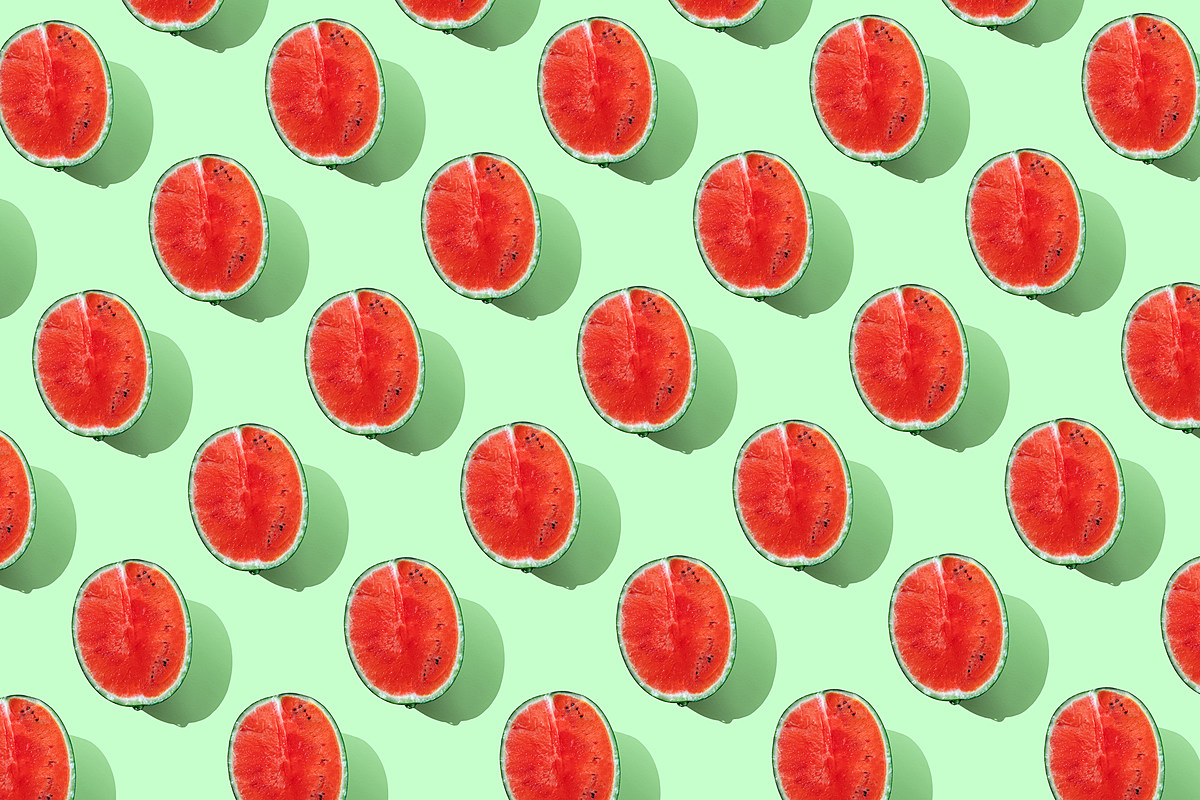You’ve made the smart and healthy decision to add more plants to your diet, but now you’re wondering if you should start choosing organic fruits and vegetables over conventional products. The simple prospect of eating organic food can add another layer of confusion when it comes to choosing your food on a plant-based diet. Is it better to eat only organic, even if it means eating fewer plants overall? Or should you go conventional and leave the worry about chemicals and pesticides behind? Rather than feeling stumped in the fruit and veggie section, here are the facts on organic versus conventional, so you can make the right decision for you.
Q: What does organic really mean?
A: The term “organic” is regulated by the United States Department of Agriculture (USDA), so foods must meet certain criteria before displaying the “organic” seal. Products can be labeled organic if they are grown in soil that has not been contaminated with prohibited substances (most synthetic fertilizers and pesticides) for at least three years before harvest. It seems pretty simple, right? Well, not everything is black and white.
The National List of Allowed and Prohibited Substances defines synthetic and natural substances that can and cannot be used in the production of organic crops. You may be surprised to find that there are a limited number of non-organic substances that can be used to grow organic produce in particular situations. And organic farmers use pesticides made from natural materials to grow their crops. That means organic crops are not free of all pesticides, only synthetic ones.
In other words, the term “organic” is confusing and all the mixed messages can cause analysis paralysis when you are in the produce aisle. In fact, a recent study in Nutrition Today found that uncertainty about organic product messages can cause people to buy fewer fruits and vegetables overall.
Deciphering the Dirty Dozen
The Dirty Dozen and Clean 15 are two lists that perpetuate skepticism about the organic versus conventional debate. The Environmental Working Group (EWG) is a nonprofit organization that analyzes a combination of USDA test data with its own tests to determine the types of fruits and vegetables that contain the most pesticides. The 12 with the most pesticides make up the Dirty Dozen, while those with the least pesticides are considered the Clean 15.
These lists make sensational headlines, but it’s not as bad as it sounds. Carl Winter, Ph.D., a toxicologist at the University of California, Davis, told the Alliance for Food and Farming (a non-profit organization made up of organic and conventional farmers) that the EWG’s methodology for testing the product is arbitrary. . “To accurately assess the risks of pesticides to consumers, it is necessary to consider the amount of residues in food … the amount of food consumed … [and] the toxicity of pesticides. The methodology used by EWG ignores all three, “says Winter. In addition, the US Food and Drug Administration (FDA) suggests washing your products under running water, which generally removes any residue existing in organic and conventional products. .
An article in the Journal of Toxicology studied the EWG’s Dirty Dozen list and found that exposure to the most commonly detected pesticides creates very few health risks. The authors add that eating organic products instead of conventional ones does not reduce these small risks. In other words, the Dirty Dozen list creates more stress than necessary and you shouldn’t let it deter you from buying products.
Q: When should I buy organic products?
A: Let’s be honest, organic products are expensive. If you can afford to buy it and it’s important to you, go ahead and add it to your shopping list. But if organic is out of your budget, eating conventional plant-based foods is better than eating nothing at all. Unfortunately, only one in 10 Americans eats the recommended amount of fruits and vegetables every day, according to the Centers for Disease Control and Prevention (CDC), and negative messages about products don’t help. To get your daily doses of vitamins, minerals, antioxidants, and fiber, it is better to eat conventional fruits and vegetables than none.
Bottom line: Eat more plants, no matter which type you choose.
.

